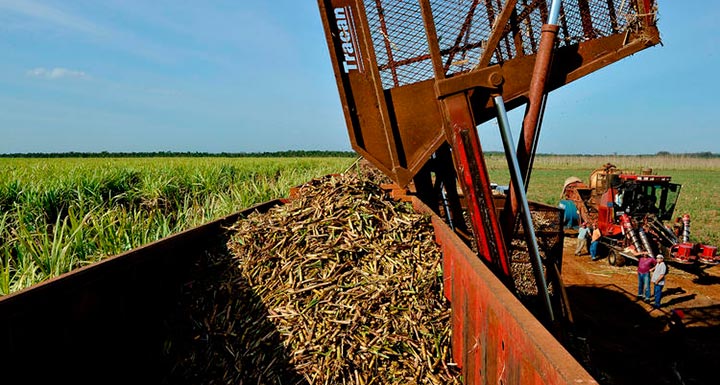
Some Maryland-based businesses look to Cuban frontier
Before the Cuban Revolution, Maryland’s relationship with the Caribbean island was lots of sugar and spice.
Baltimore-based McCormick & Co. and the defunct Baltimore Spice Co. did business there, and when a sugar refinery opened in 1922, a U.S. senator from Maryland called Cuba, with its sugar cane fields, “a suburb of Baltimore.” The refinery has since become Domino, the waterfront landmark.
While the revolution in 1959 and the U.S. economic embargo that followed put an end to the sweet deal for Maryland and Cuba — once one of Baltimore’s biggest export customers — President Barack Obama has recently raised the prospect of renewed trade.
Obama’s announcement that he intends to normalize diplomatic relations and loosen some economic constraints is a long way from lifting the embargo, a barrier of several laws that would have to be dismantled by Congress. But, as Maryland companies were interested in Cuban prospects when President Jimmy Carter eased some restrictions in the late 1970s, they are again watching to see how these developments unfold.
“We are always looking for new markets,” said Jim Lynn, a McCormick spokesman who added that it’s too soon to say what easing restrictions could mean for the company. “We’ll monitor the changing situation and make a decision about its potential as an appropriate market for us. It’s hard to say how long that might take.”
The Bethesda-based Marriott & Ritz Carlton hospitality company got its start in the late 1920s, but never had a hotel in Cuba. Now, however, the company looks at the island nation and sees potential, said Laurent de Kousemaeker, chief development officer for Latin America and the Caribbean.

